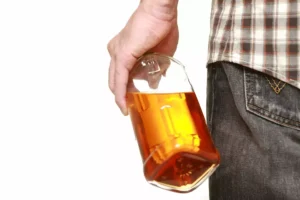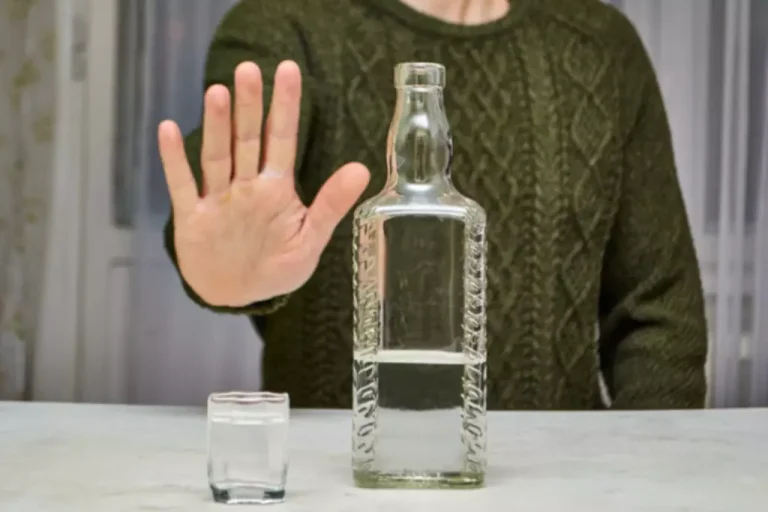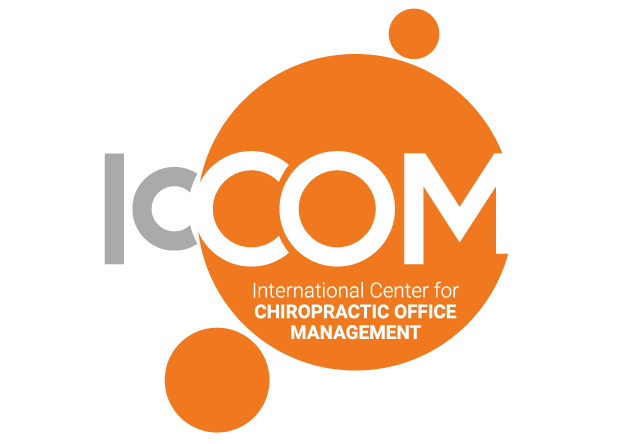
Studies show that alcohol affects the homeostatic drive that regulates sleep, disrupting the onset and maintenance of sleep and leading to issues such as insomnia. Short-term, alcohol may seem like a viable sleep aid, but its impact is detrimental over time. I notice a dependency forming as more alcohol becomes necessary for the same sedative effect, leading to a cycle of increased consumption and further disruption to my sleep patterns. Understanding and addressing these effects is crucial for improving my sleep health. Drinking alcohol is a popular pre-bed activity, but you might find you can’t sleep after a nightcap.

How Does Alcohol Affect the Sleep Cycle?
People suffering from depression may already have disrupted circadian rhythms, and the presence of even moderate amounts of alcohol may push those rhythms further out of sync. Alcohol is the most common sleep aid—at least 20 percent of American adults rely on it for help falling asleep. But the truth is, drinking regularly—even moderate drinking—is much more likely to interfere with your sleep than to assist it. Physical activity promotes better sleep by helping to regulate mood and decompress the mind. It’s best to complete any vigorous activity at least three hours before bedtime.
Snoring and Sleep Apnea
During the second half of the night, sleep becomes more actively disrupted. The rebound effect may include more time in REM—a lighter sleep stage from which it is easy to be awakened. But part of a cant sleep without alcohol smart, sleep-friendly lifestyle is managing alcohol consumption so it doesn’t disrupt your sleep and circadian rhythms.
Why Can’t I Sleep Without Alcohol?
The key to success is sticking to your new routine as much as you can. If you think your problems with sleep might go beyond alcohol, then it’s worth talking to a medical professional. As with most habits, getting over a period of trouble sleeping without alcohol is all about making some changes to your routine. As alcohol starts to leave your system, there’s a rebound effect which stimulates your brain and disrupts your sleep cycle. Caffeine and nicotine are stimulants that can interfere with your ability to fall asleep.
- Adopting healthy sleep habits, such as maintaining a consistent sleep schedule, creating a relaxing bedtime routine, and optimizing the sleep environment, can accelerate the recovery process.
- Altered brain chemistry due to consistent alcohol use disrupts the balance of neurotransmitters, which are messengers regulating mood and sleep.
- Long-established research shows the body metabolizes alcohol differently at different times of day.
Disorders

Alcohol has a direct effect on circadian rhythms, diminishing the ability of the master biological clock to respond to the light cues that keep it in sync. Those effects of alcohol on the biological clock appear to persist even without additional drinking, according to research. The consumption of alcohol is widely recognized for its initial sedative effects. Research indicates that alcohol significantly reduces total sleep time, sleep efficiency, and the percentage of time spent in rapid eye movement (REM) sleep. Meanwhile, it increases the time spent in the lighter N2 stage of non-REM sleep.

In the latter part of sleep, I experience increased awakenings and lighter sleep stages, diminishing overall sleep quality. Alcohol has long been known to have a significant impact on sleep quality, despite its reputation as a sleep aid. While it may help some people fall asleep faster, the overall quality of sleep is severely compromised. Even a single glass of wine can affect sleep, disrupting the delicate balance of sleep stages and leading to fragmented, less restorative rest. Regular alcohol users often experience a range of sleep issues, including difficulty falling asleep, frequent night-time awakenings, and early morning wakefulness. After several months of sobriety, many individuals experience a full restoration of their natural sleep-wake cycle.
When Should I Stop Drinking Before Bed?
A soothing bedtime routine signals to your body that it’s time to wind down. Engage in calming activities such as taking a warm bath, reading a book, or listening to soft music. These activities can replace the sedative effects of alcohol, easing the transition into sleep for those alcoholism symptoms who find it hard to sleep without alcohol.

Some people may have naturally resilient sleep patterns that bounce back quickly, while others may struggle with sleep issues even before alcohol use. Underlying health conditions, such as depression, anxiety, or sleep disorders, can also impact the recovery process. The first week after quitting alcohol can be challenging for sleep. Paradoxically, some individuals may experience increased sleep disturbances during this period. This is primarily due to alcohol withdrawal symptoms, which can include anxiety, restlessness, and night sweats.
- If you don’t want to give up booze altogether, try avoiding it at least three to four hours before bed and limiting how much you drink.
- There’s a complicated relationship among depression, alcohol, and sleep.
- You may also be falsely attributing sleep improvements to alcohol, or factors a sleep disorder or poor sleep hygiene are keeping you awake.
- The blue light emitted by phones, tablets, and computers can suppress the production of melatonin, the hormone that regulates sleep-wake cycles.
The condition is linked to fatigue as well as serious cardiovascular conditions like heart attack and stroke. If you think you can’t sleep without alcohol, your best bet is to switch your reliance on alcohol for something else you can do each night, like drinking a cup of tea. For instance, many doctors believe cognitive behavioral therapy for insomnia is a fantastic tool. This process helps you to change your sleep habits, which could include cutting down on alcohol too close to bedtime. If you’ve entered a stage in your life where you can’t sleep without alcohol, it can be challenging to make a change. The gut and its microbiome are often referred to as the body’s second brain, and operate under powerful circadian rhythm activity.
Early intervention prevents escalation and promotes healthier sleep and overall wellness. The Substance Abuse and Mental Health Services Administration (SAMHSA) provides a helpline and a directory of treatment facilities nationwide. These resources connect you with trained professionals who guide you through recovery options tailored to your needs. Your daily habits and environment can significantly impact the quality of your sleep. Take the Sleep Quiz to help inform your sleep improvement journey. Treatment options for sleep disturbances during alcohol recovery.
